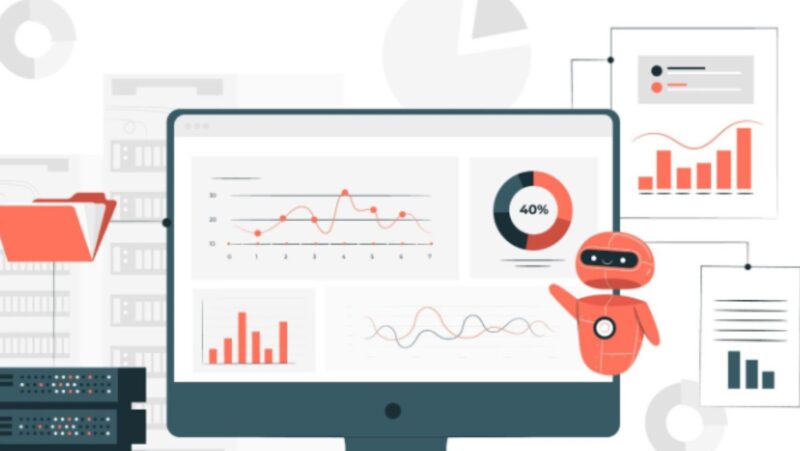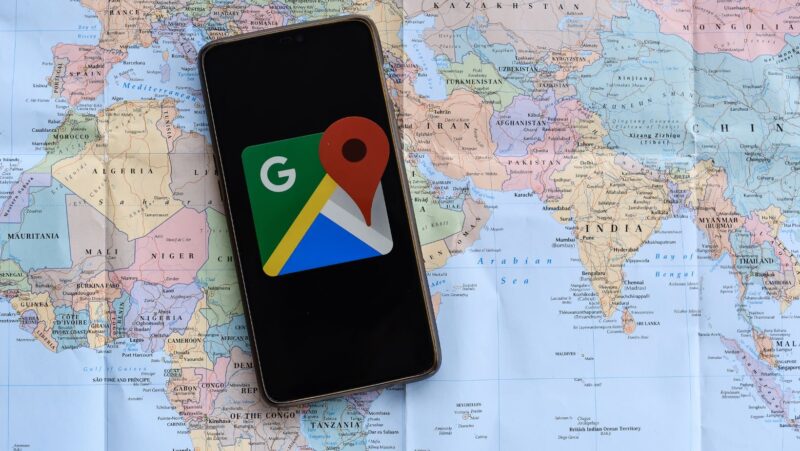
Having a strong online presence opens up numerous opportunities to connect with and engage your target audience. Whether you’re running a small local business, a fast-growing start-up, or a well-established enterprise, the right e-commerce tools can become an integral part of your growth strategy.
But with so many options available, how do you know which tools are worth your investment? The key is to find those that align with your business needs and offer a competitive edge. Combined with a well-thought-out marketing strategy, the right e-commerce tools can significantly enhance your online store’s performance.
Choosing the Right Ecommerce Tool for Your Business
When selecting an e-commerce tool, consider factors like your technical skills, budget, SEO needs, mobile-friendliness, and the tool’s ability to scale with your business. Understanding these aspects will help you choose tools that not only attract users but also contribute to your business’s long-term growth.
Don’t forget the power of content—setting up a blog for your e-commerce store is a great way to build authority, keep your customers informed, and drive new traffic to your site.
To get you started, here are seven essential e-commerce marketing tools that can help you grow your business:
1. Email Marketing
Email remains one of the most effective ways to convert prospects into paying customers. It allows you to build and nurture relationships, offering a direct line of communication with your audience.
For instance, using a professional email marketing platform, you can track campaign metrics in real-time—such as open rates, clicks, and social shares—giving you insight into what resonates with your audience.

It’s crucial to focus on building a high-quality email list rather than purchasing one; a smaller, engaged audience is far more valuable than a large, uninterested one.
2. Zolak Visual Commerce: Visualize Your Products in Real Spaces
In the world of e-commerce, helping customers visualize products in their own space can be a game-changer. Zolak is a powerful tool that offers next-gen augmented reality (AR) capabilities, allowing customers to virtually place furniture in their home before making a purchase. This immersive experience can significantly boost customer confidence and reduce returns.
With Zolak Visual Commerce, you can integrate 3D visualization and customization features directly into your e-commerce platform, offering a personalized shopping experience that sets you apart from the competition.
3. Social Advertising
Maintaining an active social media presence can be challenging, but platforms like Facebook offer tools that simplify this process. Facebook Lead Ads, for example, allow you to create ads directly within the platform, capturing leads without users needing to leave the site.
This tool is especially powerful because it supports mobile optimization and makes it easy for users to share their contact information. By integrating Facebook with your email marketing strategy, you can create a seamless experience that keeps your audience engaged across multiple channels.
4. Google Analytics
Understanding your customers’ behavior is key to optimizing your store. Google Analytics is a free, feature-rich tool that provides deep insights into how visitors interact with your site.
By tracking metrics such as user behavior, site traffic, and conversion rates, you can identify areas for improvement and capitalize on opportunities. For example, if you notice that a particular product page has a high bounce rate, you can tweak the content or layout to better engage visitors.
5. SMS Text Marketing
SMS marketing offers a direct and personal way to reach your customers. It’s an effective tool for sending time-sensitive offers, updates on product availability, or abandoned cart reminders.
For example, if a customer leaves items in their cart, a quick SMS reminder might be just the nudge they need to complete their purchase.

Additionally, SMS can be used for customer service updates, such as notifying customers when their order has shipped.
6. SEO Tools: Enhance Your Online Visibility
Search Engine Optimization (SEO) is crucial for making your e-commerce store visible to potential customers. SEO tools help you optimize your website so it ranks higher in search engine results, driving organic traffic to your site.
Consider the impact of mobile search—Google reports that 50% of mobile users are more likely to visit a store after conducting a local search. By optimizing your site for search engines, especially for mobile users, you increase the likelihood of attracting new customers.
7. Facebook Ads: Targeted Exposure
Facebook Ads allow you to create highly targeted campaigns that drive traffic to your site. By selecting specific demographics, interests, and behaviors, you can ensure your ads reach the right audience.
For example, if you sell outdoor furniture, you can target ads to users who have recently shown interest in home improvement or outdoor activities. This not only increases your brand’s visibility but also drives more qualified traffic to your site.
Choosing Marketing Tools That Scale with Your Business
Setting up your e-commerce business involves making careful decisions about the tools you use. Choose platforms that are scalable, fit your budget, and align with your business goals.
This list is just the beginning—each of these tools can play a crucial role in building a successful online store. By integrating the right tools into your marketing strategy, you can create a powerful engine that drives growth, enhances customer engagement, and elevates your e-commerce efforts.












